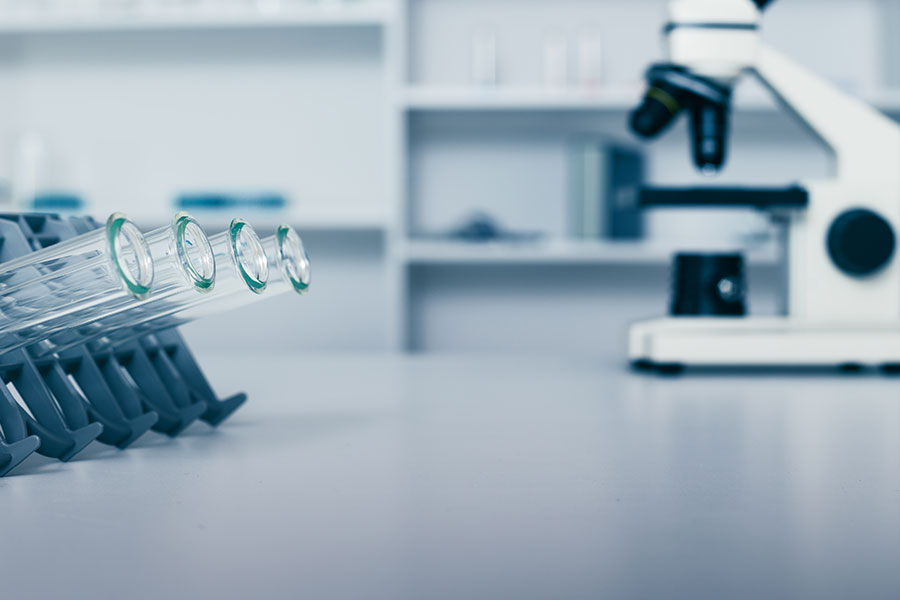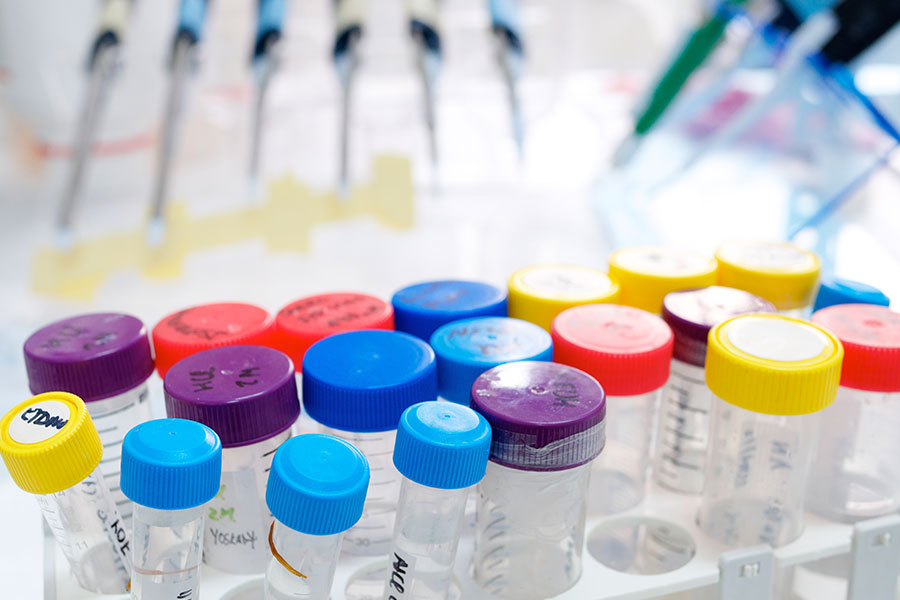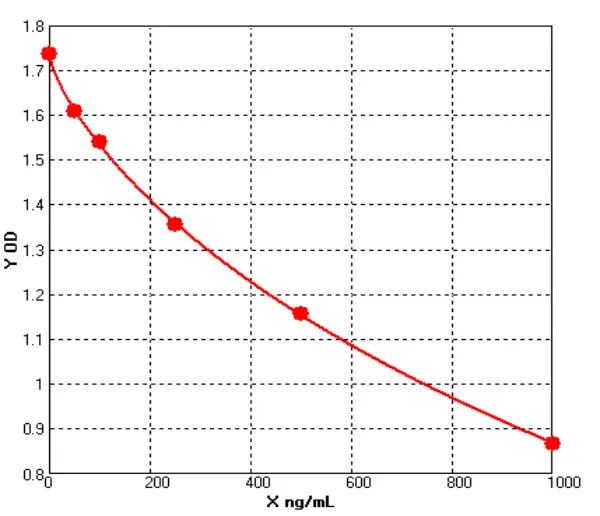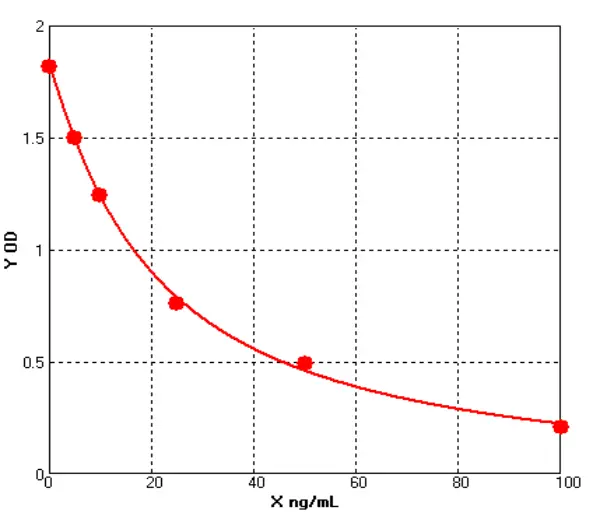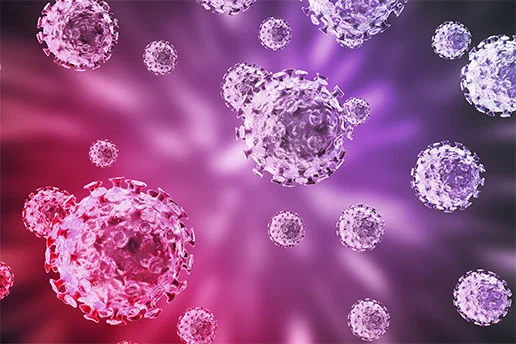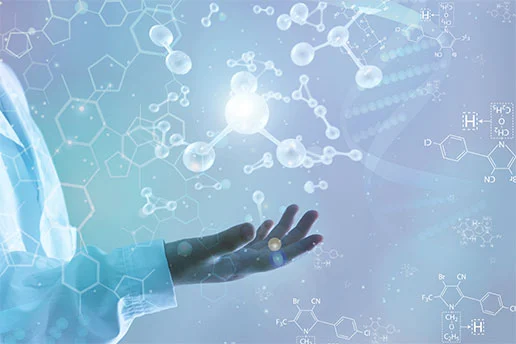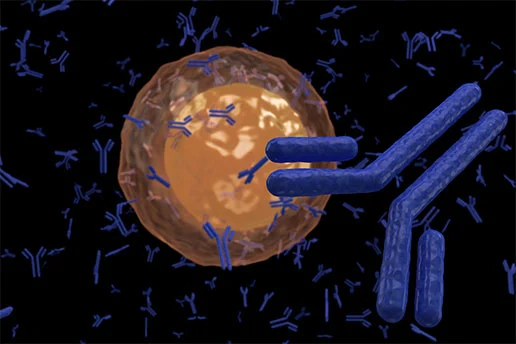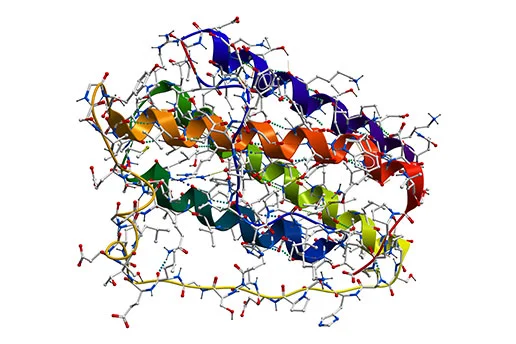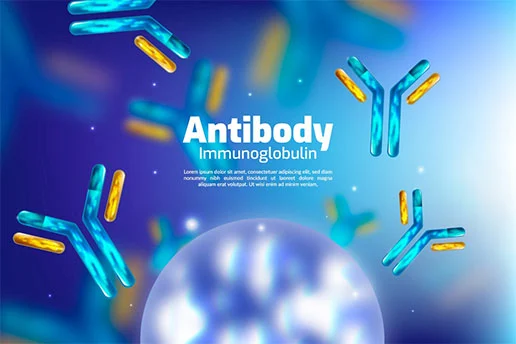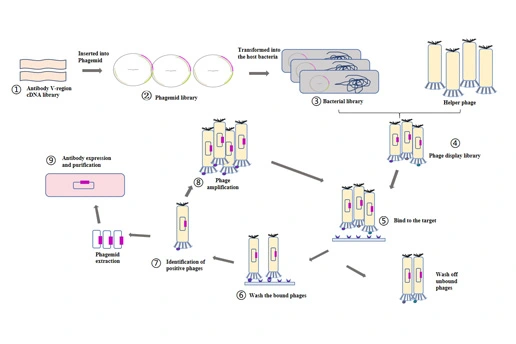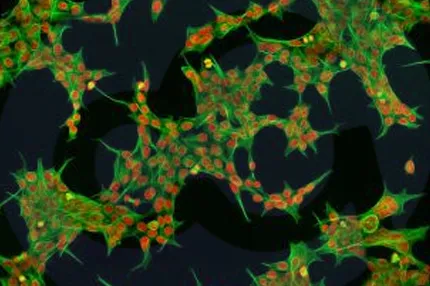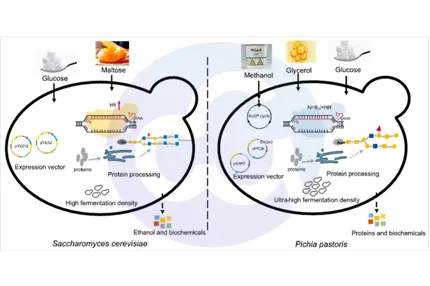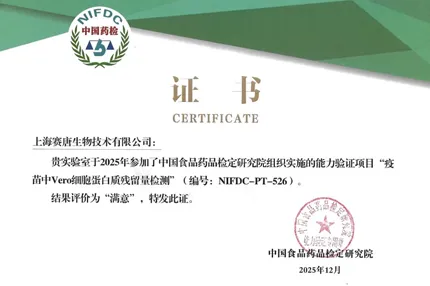-
Host Cell Protein Detection Kits
- CHO Host Cell Protein ELISA Kit
- E. coli Host Cell Protein ELISA Kit
- HEK 293 Host Cell Protein ELISA Kit
- Pichia pastoris Host Cell Protein ELISA Kit
- Ogataea polymorpha Host Cell Protein ELISA Kit, G3
- Saccharomyces cerevisiae Host Cell Protein ELISA Kit, G3
- Spodoptera fugiperda 9 (Sf9) Host Cell Protein ELISA Kit, G3 (Applicable to Sf9 and related cell lines)
- Dilution Buffer
-
Bioprocess lmpurity ELISA Kits
- Human Immunoglobulin G (IgG) ELISA Kit
- Goat Immunoglobulin G (IgG) ELISA Kit
- Human Serum Albumin (HSA) ELISA Kit
- NE01I0004 Human Insulin (INS) ELISA Kit ( Double Antibody Sandwich Method )
- Bovine Serum Albumin (BSA) ELISA Kit
- Dextran Sulfate Salt Detection Kit (Spectrophotometric Method-200 Tests)
- Protein L (PL) ELISA Kit
- Kanamycin (KA) ELISA Kit
- Human Immunoglobulin A (IgA) ELISA Kit
- Human Immunoglobulin M (IgM) ELISA Kit
- Mouse Immunoglobulin G (IgG) ELISA kit
- Bovine Immunoglobulin G (IgG) ELISA kit
- Protein A (PA) ELISA kit-Boiling
- Protein A (PA) ELISA Kit
- Diluent Buffer for Protein L ELISA kit
-
Host Cell DNA Residue Detection Kits
- CHO HCD Residue Detection Kits
- NS0 HCD Residue Detection Kits
- Vero HCD Residue Detection Kits
- E.coli HCD Residue Detection Kits
- HEK293 HCD Residue Detection Kits
- PP HCD Residue Detection Kits
- MDCK Host Cell DNA Residue Detection Kit
- Saccharomyces Cerevisiae Host Cell DNA Residue Detection Kit
- Magnetic Residual DNA Sample Preparation Kit
- DNA Dilution Buffer
- Residual Total RNA Detection Kits (qRT-PCR)
- Antibodies
- Recombinant Proteins
- ELISA Kits
- Cellular Component Protein Library
- Plasmids
- Promotions
-
HEK293 HCP ELISA: Fit for Viral Purification Processes, That’s What Truly Matters
Origin of HEK 293Human Embryonic Kidney 293 cells, commonly referred to as HEK 293, HEK-293, or 293 cells, are an immortalized cell line isolated from the embryo of a pregnant female in the 1970s[1].I...
Feb.11, 2026Read More > -
Yeast Family: Pichia pastoris (GS115) HCP ELISA
1. Application Background:Pichia pastoris is one of the most widely used expression systems for innovative antibody expression in vaccines nowadays. Yeast is extensively applied in modern industry [1]...
Jan.20, 2026Read More > -
Authoritative Certification
Recently, Cellgene Bioscience Co., Ltd. attained another notable achievement. In the Laboratory Proficiency Testing Program for Residual Vero Cell Protein Quantification in Vaccines (Program No.: NIFD...
Dec.23, 2025Read More >
Plasmid Construction
It has the ability of autonomous replication so that it can maintain a constant copy number in the progeny cells and express the genetic information carried. It is a double-stranded closed circular supercoiled DNA molecule. Plasmids are not necessary for bacterial growth and reproduction and can be lost or eliminated by manual treatment, such as high temperature, ultraviolet, etc. The genetic information carried by plasmids can endow the host bacteria with some biological characteristics, which are conducive to the survival of bacteria under specific environmental conditions. The process of linking the PCR product after enzyme cutting, recovery, and purification with a plasmid vector with ligase is called the construction of a recombinant plasmid vector.
Plasmids are genetic factors that exist in microbial cells such as bacteria and fungi and can be independent of staining in vitro and replicate themselves. Plasmids are not necessary for host cells. But under some conditions, plasmids can endow host cells with special functions, and then give the host the advantage of growth. Plasmids are also like chromosomes that can carry genes encoding multiple genetic traits and confer certain genetic characteristics on host cells. The special characteristics of many important bacteria closely related to medicine, agriculture, industry, and the environment are encoded by plasmids, such as plant nodulation, nitrogen fixation, metabolism of organic matter, and others.
